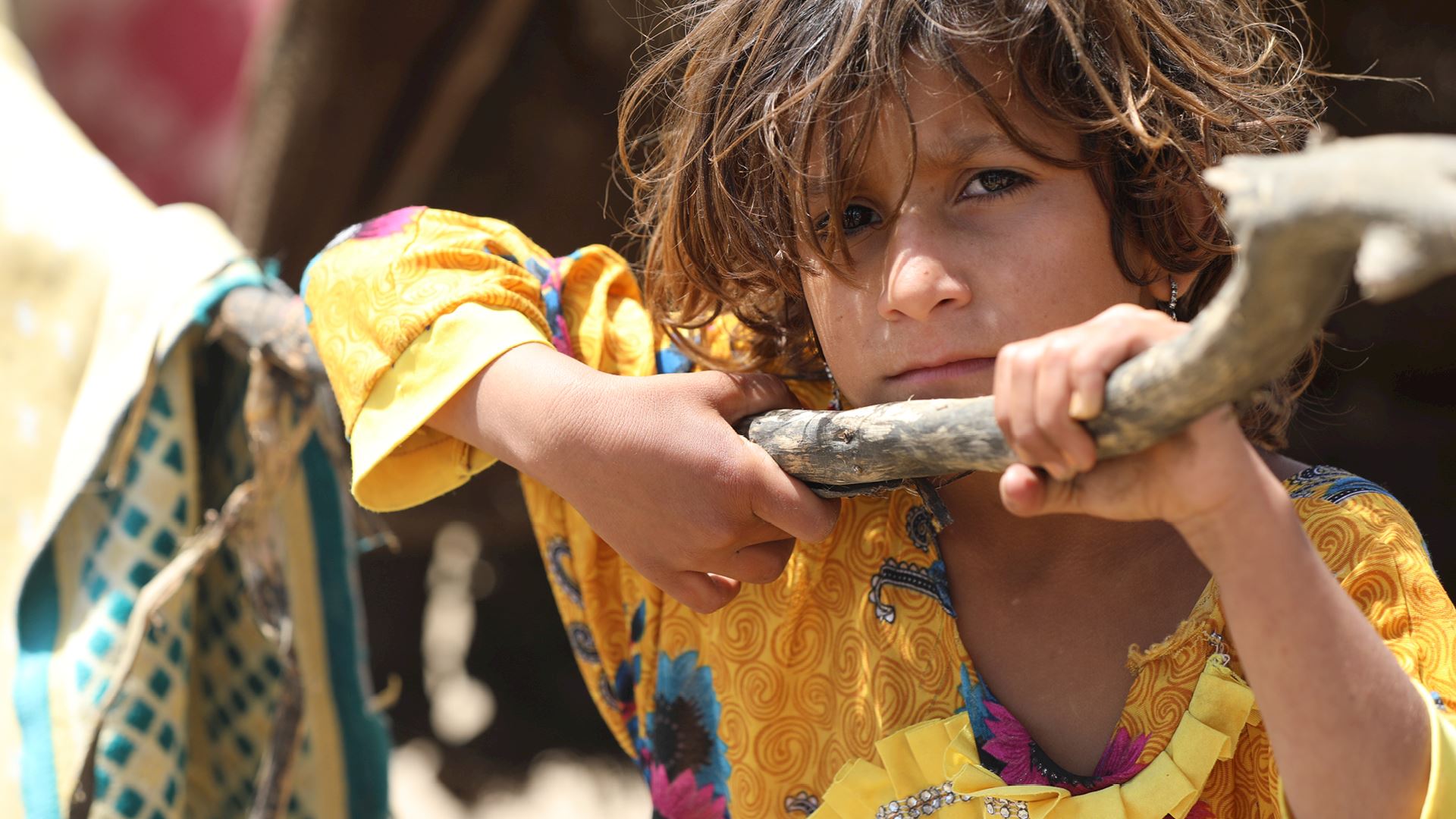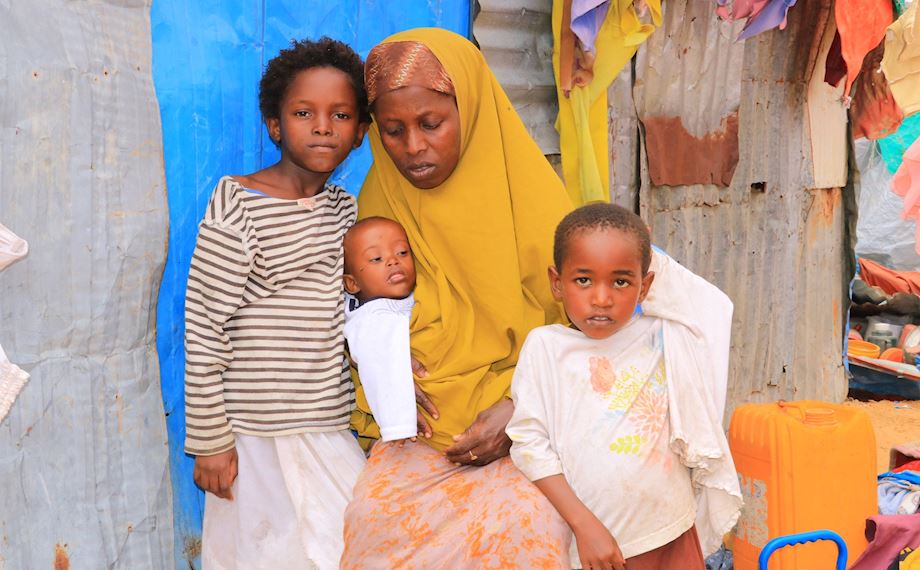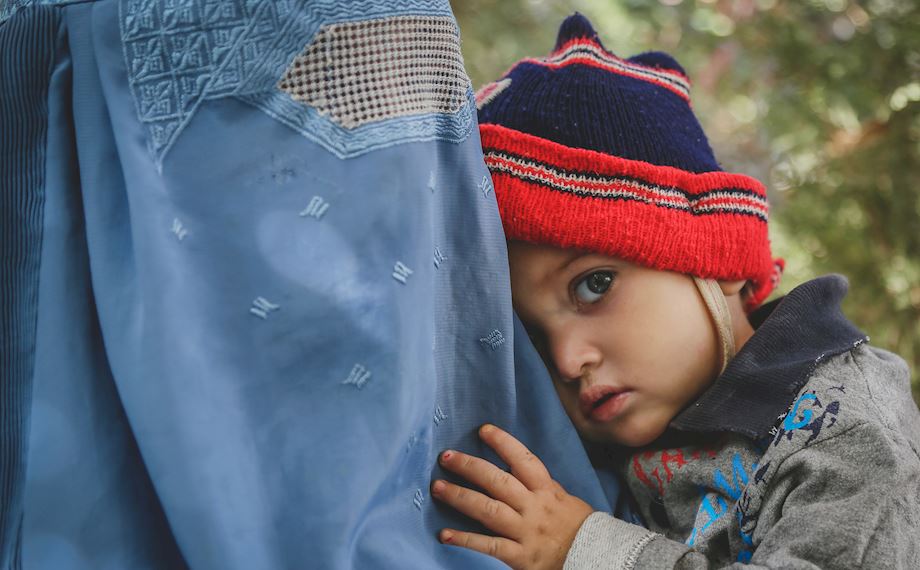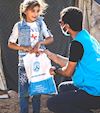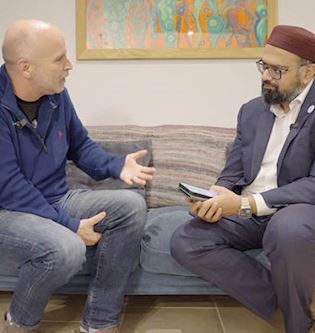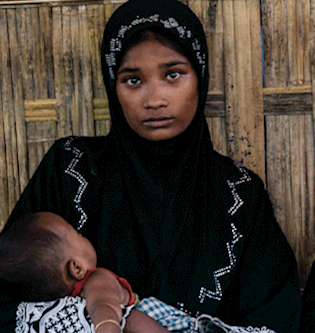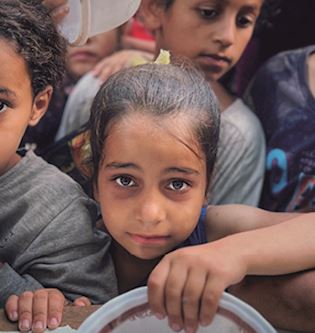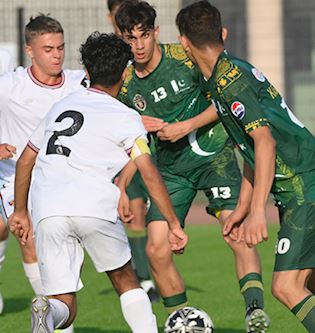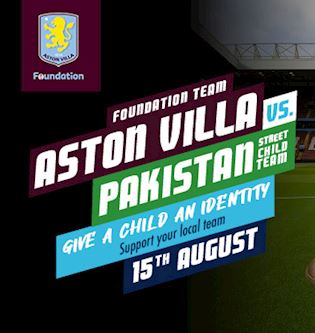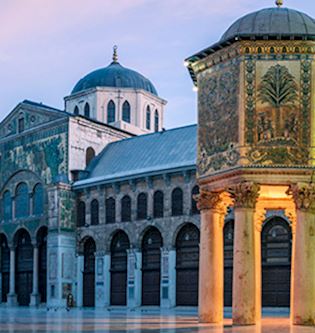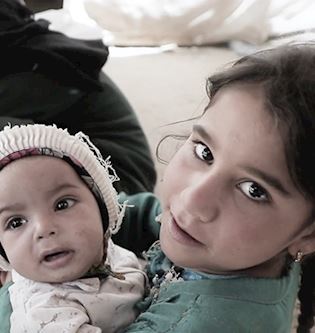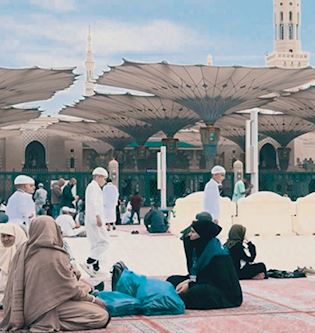Empowering street children with a government ID
Asitha was born with meningomyelocele, a type of spina bifida, a condition where the neural tube has failed to close, and the neural tissues are exposed on the baby's back. As his parents were unable to support him, they made the tough decision to hand him over to Child Action Lanka, a child facility in Kandy, Sri Lanka. Asitha is often recognised as a street child, who lacks fundamental legal identity. He is one of an estimated 15,000 children in Sri Lanka who are classified as street connected children. Like many, he has a heartbreaking story of navigating through numerous adversities as a street child.
The term street child is used to describe children who are dependent on the street for their survival. Many of these children either live or work on the street. Often, the child might be in contact with their families and contribute to and support their family income. They frequently encounter horrific ordeals, they have run away from their homes due to sexual, physical, or psychological abuse, and living on the street is their only viable solution.
Asitha's parents are currently separated, resulting in their five children living in various locations, such as children's homes or with relatives. Yet, despite having five children, they never obtained a marriage certificate due to the unavailability of national identity cards (NIC) and a lack of awareness and education regarding its importance.
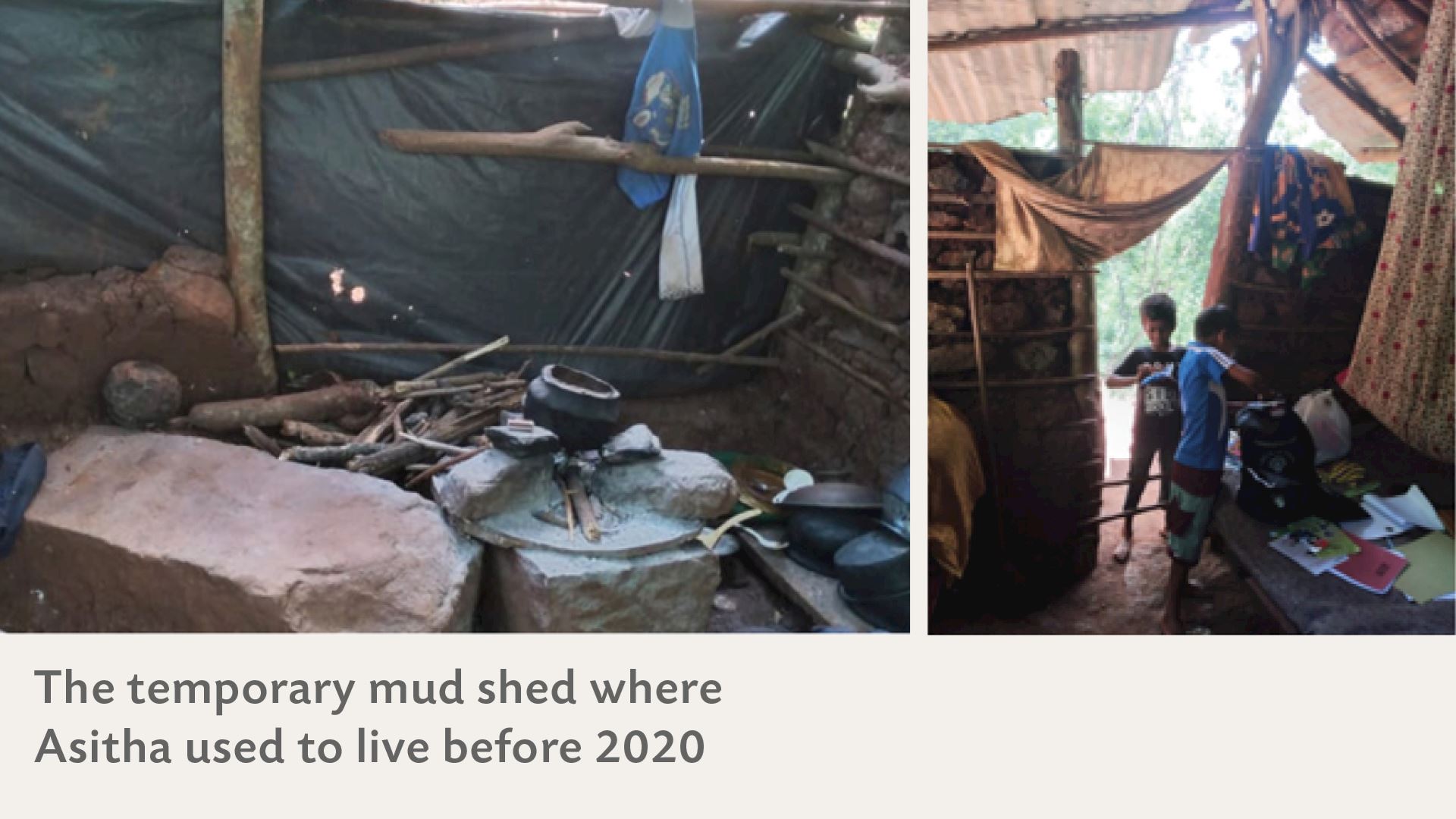
Due to the unavailability of documents, such as the national identity card and marriage certificate, Asitha and her siblings face numerous challenges. When Asitha underwent surgery; the legal obligation rested with the parents to provide authority for the surgery. However, the hospital cannot confirm the parents' authority to sign the documents due to the absence of a marriage certificate. Furthermore, when the schools need to be changed, a similar challenge arises as they need to provide the necessary supporting documents.
We often take legal identity for granted, yet it is estimated that 850 million people do not have any form of ID card, with half of those without proof of identity being children whose births have yet to be registered. Article 6 of the Universal Declaration of Human Rights states that everybody has the right to a legal identity. By 2025, the United Nations Legal Identity Agenda Task Force, co-chaired by UNDESA, UNDP, and UNICEF, aims to assist Member States in empowering more than 300 million people to obtain a legal identity.
The lack of identity has a detrimental impact on children's stability and future – it inhibits them from enrolling in schools and accessing better education and future.
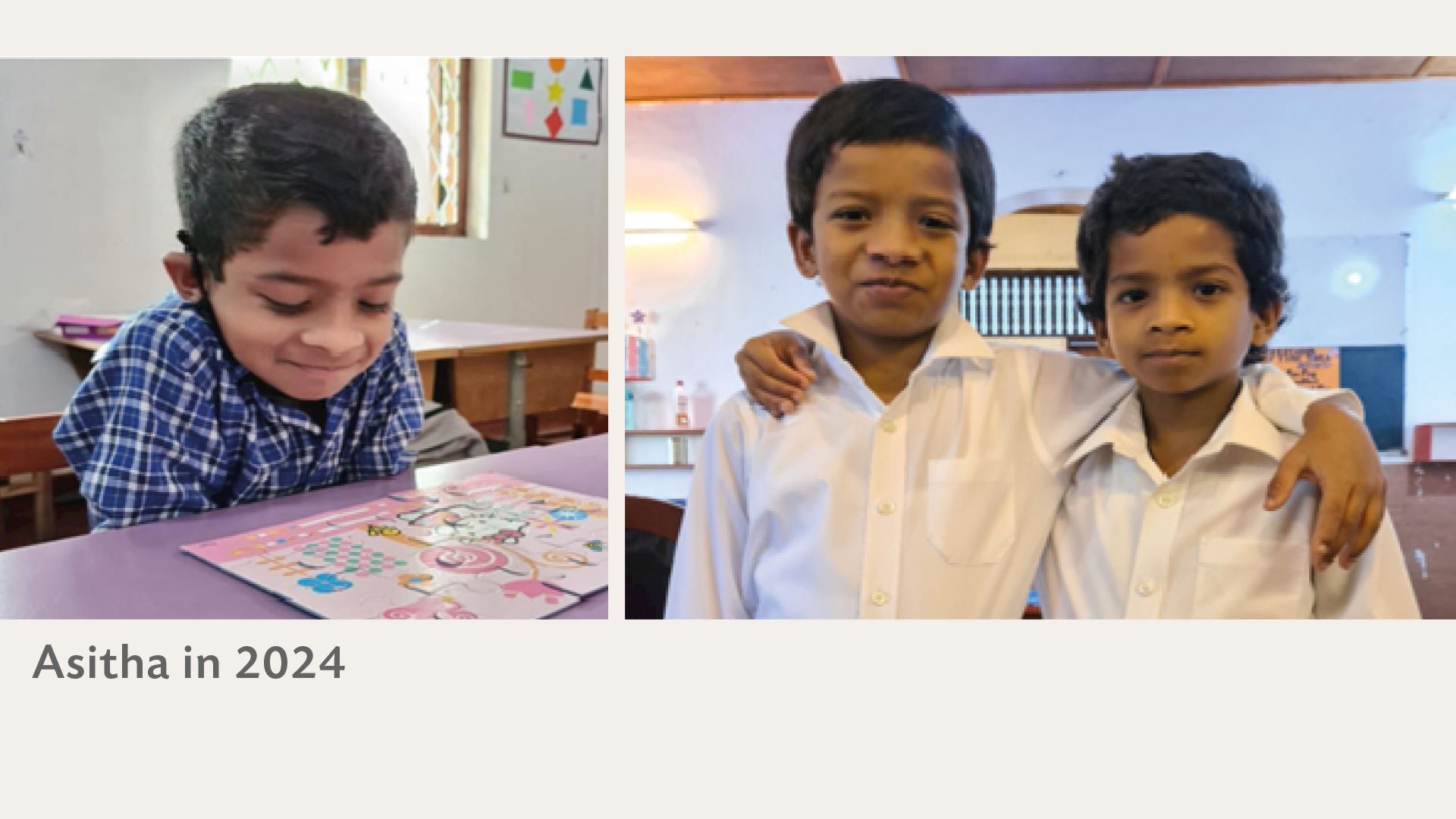
While Asitha currently resides in a secure environment, receiving food, shelter, and education, yet the feeling of uncertainty remains. He is frustrated by the insecurity and the challenges posed by his no legal identity, family's separation, medical condition, and socioeconomic status. For Asitha, an ID card is crucial for him and his family; it permits them to access healthcare services, enrol in education, and secure stable employment opportunities in the future. While accessing essential facilities is paramount, for Asitha, obtaining an ID card will ensure legal rights and protections in Sri Lanka, which they currently lack.
Like Asitha, Pakiyanathan imagines what life would be like with an identity card. As an aspiring journalist, the 16-year-old envisions herself advocating for the rights of street-connected children and the importance of legal documentation. Yet, her dream is only feasible once she obtains the legal documentation.
Pakiyanathan was oblivious to any rights the ID card offers; only after participating in the 2023 Street Child Cricket World Cup did, she learn all about identification card and child rights. She told our team "now I realize how many rights I have lost. I hope my situation never happens to any child again."
She contemplates life once she has obtained legality; “my goal is to become a dedicated leader who protects children's rights.” She recognises that without id card, part of your human rights is snatched away from you, “I realize that basic identity is a very important recognition. Every child born in Sri Lanka should be legally recognized as Sri Lankan, even if they do not have proper documentation. I can claim our rights without caste, religion, or language.”
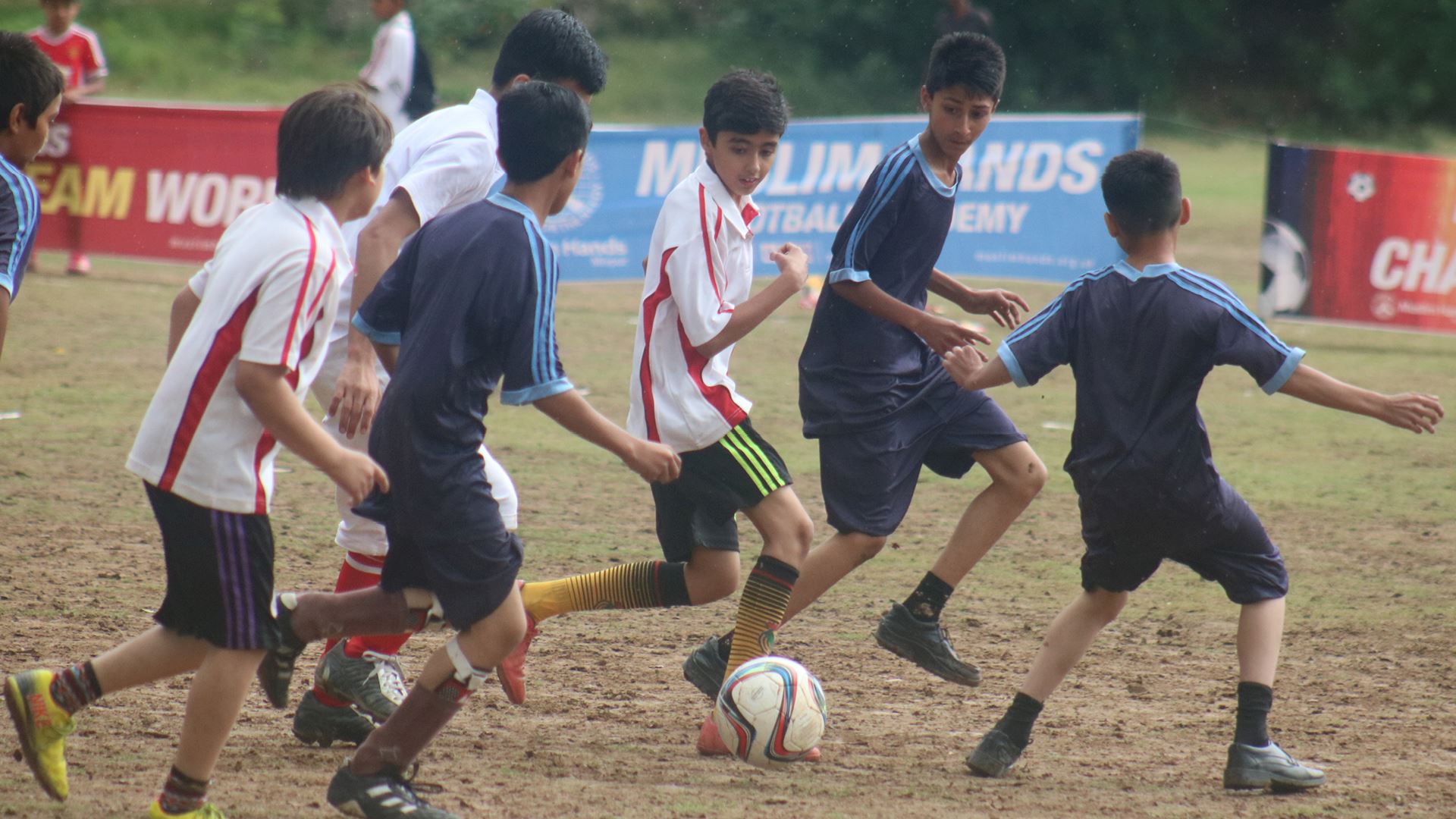
The continuous adversity has instilled a sense of will power into Pakiyanathan. She believes everything is possible once she has obtained the much-needed legal documentation, she dreams of being a great “leader, bringing together children from different countries and cultures and promoting equality and cultural exchange.
Despite the obstacles, Asitha and Pakiyanathan are optimistic about the future, and they are determined to better their lives and the lives of countless other street children who are essentially invisible. As Pakiyanathan summarized eloquently, "I want to dedicate my life to others without selfishness."
Muslim Hands will implement ‘Give a Child an Identity’ Project in Pakistan, Bangladesh, Sri Lanka, Mali, and Niger. We will work to overcome barriers to birth registration and support outreach programs, community awareness campaigns, and advocacy efforts to improve registration services. With millions of children worldwide lacking legal recognition, this project will restore their fundamental human rights. The legal identity campaign will enable us to provide them with much-needed stability, access to health and education facilities, and opportunities for personal growth and development. With your £20 donation, you will register a street child and secure their future. Your generosity will create a lasting impact, giving a street child the foundation they need to thrive.
